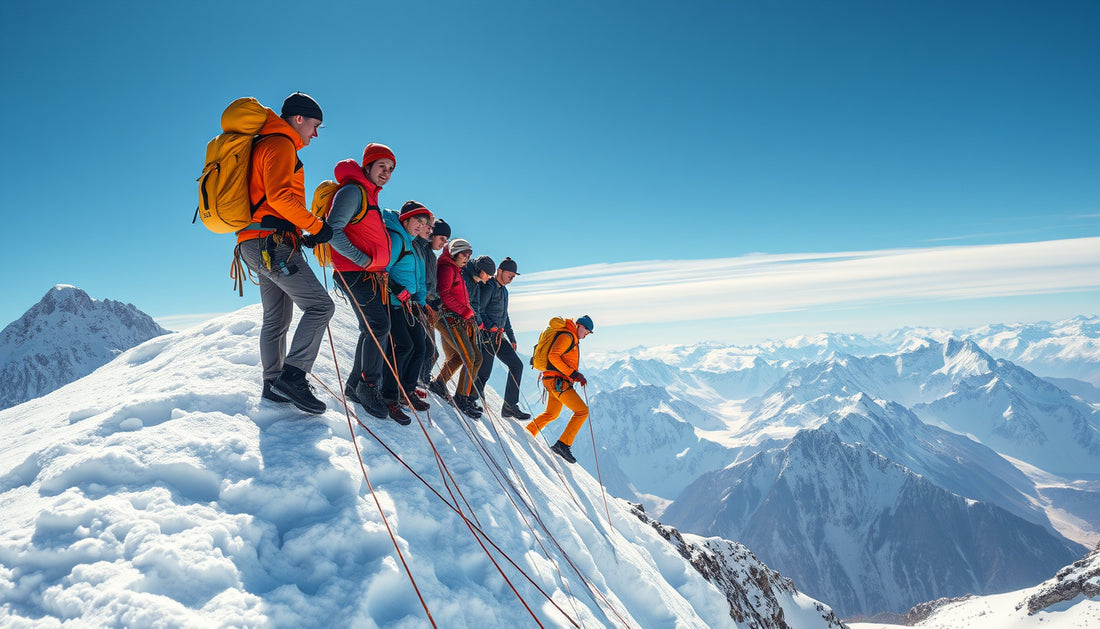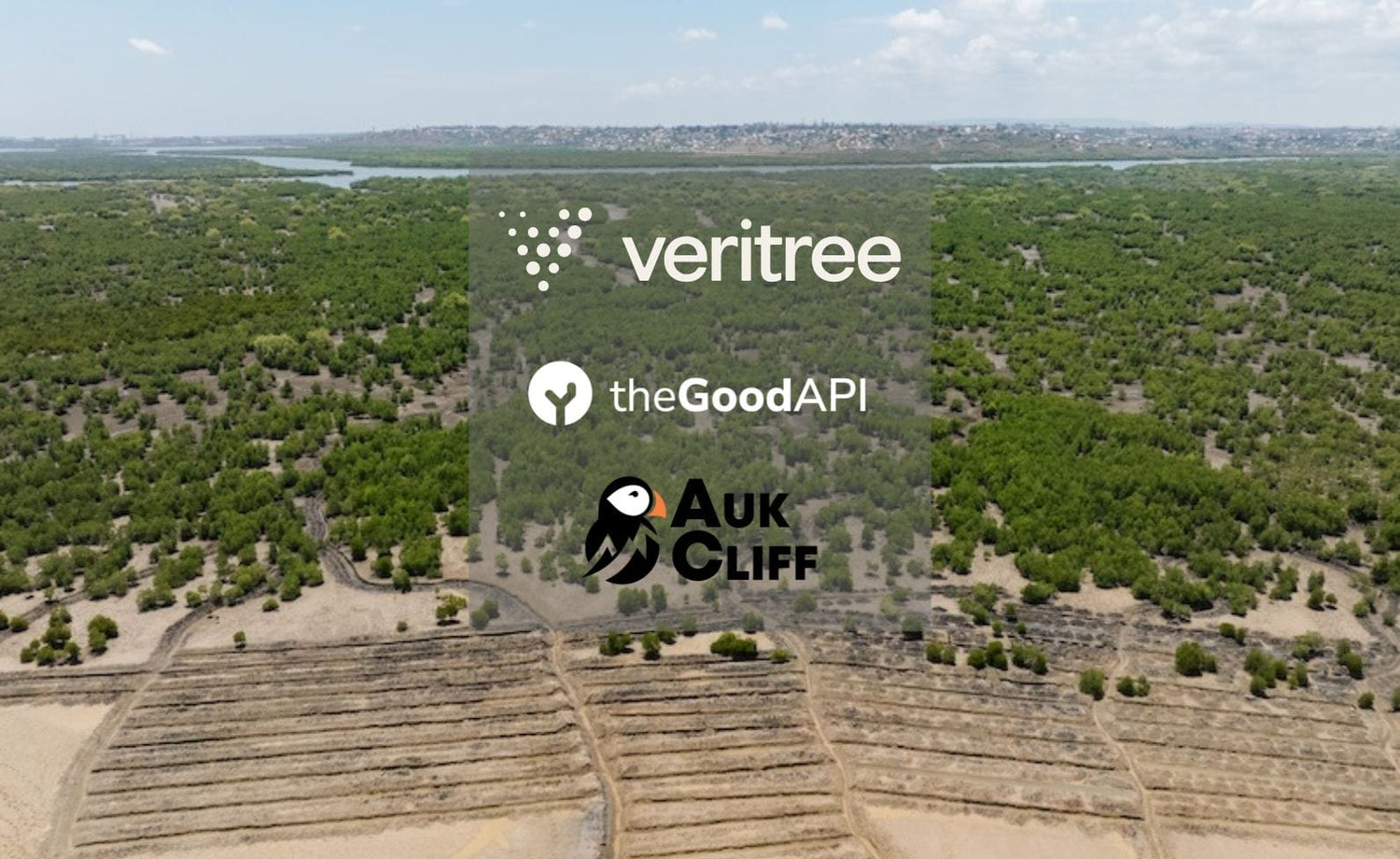
Conquering New Heights: A Guide to Training Tomorrow's Mountaineering Champions
Share

Mountaineering is more than just a sport; it is a passionate pursuit that challenges both the body and mind while fostering a deep connection to the natural world. As we look toward the future, the question arises: how do we effectively train the next generation of mountaineers who will not only conquer new summits but also champion sustainable and responsible exploration?
In this guide, we will explore the essential components of training young mountaineers, the challenges they face, and the vital mindset required for success and safety in the mountains. Whether you are a coach, parent, educator, or aspiring mountaineer, understanding these fundamentals will help nurture confident, skilled, and environmentally conscious climbers.
Understanding the Unique Demands of Mountaineering
Mountaineering is a multifaceted discipline requiring physical endurance, technical skills, emotional resilience, and environmental awareness. The combination of these elements means training must be equally comprehensive.
Key Components of Mountaineering Training:
- Physical Conditioning: Endurance, strength, flexibility, and cardiovascular fitness are critical for handling prolonged exertion and challenging terrains.
- Technical Skills Development: Mastery of rope work, ice axe use, crevasse rescue techniques, and navigation.
- Mental Preparation: Cultivating patience, decision-making under pressure, and risk assessment capabilities.
- Environmental Stewardship: Understanding mountain ecosystems and practicing Leave No Trace principles.
As renowned mountaineer Sir Chris Bonington has emphasized, 'Mountaineering is not just about reaching the summit—it’s about respect for the mountain and the journey itself.'
Building a Foundation: Physical and Technical Training
Young mountaineers benefit from a gradual progression in their training plan, beginning with fundamental fitness and basic skills.
Physical Training Tips:
- Incorporate aerobic activities such as hiking, running, and cycling to build cardiovascular endurance.
- Strength training, especially core and leg exercises, enhances stability and power.
- Flexibility routines, including yoga or stretching, reduce injury risk.
Technical Skills:
- Start with rock climbing indoors to develop grip strength and movement skills.
- Learn and regularly practice rope handling and knot tying.
- Engage in outdoor climbs with experienced mentors to gain real-world experience.
Coach and expedition leader Lynn Hill once remarked, 'Skill without experience is like a map without terrain—both are needed to truly navigate the mountains.'
Mental Toughness and Decision Making
Mountaineering frequently presents unpredictable and high-stress situations. Training must therefore incorporate mental conditioning:
- Simulate scenarios requiring quick decisions, such as sudden weather changes or equipment failures.
- Teach goal setting and stress management strategies.
- Emphasize the importance of teamwork and communication.
Studies have shown that climbers who engage in mental rehearsal and mindfulness techniques often perform better under pressure.
Fostering Environmental Respect and Responsibility
The mountains are fragile environments. Future mountaineers should be instilled with a strong conservation ethic.
- Educate on local flora and fauna, highlighting the impact of human activity.
- Promote Leave No Trace principles to minimize environmental footprints.
- Encourage participation in clean-up climbs and conservation projects.
As environmentalist and climber Cheryl Strayed notes, 'The best way to protect the mountains is to love them well—and to teach others to do the same.'
Measuring Progress and Celebrating Achievements
Tracking development through milestones helps sustain motivation and identify areas needing improvement:
- Keep detailed training logs covering physical fitness, skill proficiency, and mental training.
- Set incremental goals like summit attempts on progressively challenging peaks.
- Celebrate successes to build confidence and reinforce commitment.
The Future is Now: Empowering Tomorrow’s Mountaineering Champions
Training tomorrow’s mountaineers is about more than athleticism; it’s about crafting guardians of the mountains who will explore responsibly and inspire others.
To those ready to embark on this rewarding journey, consider these questions:
- How can your training program balance skill mastery with environmental stewardship?
- What opportunities exist in your community to foster youth engagement in mountaineering?
- In what ways can technology and traditional knowledge combine to enrich training methods?
Take Action Today
Whether you are organizing youth outdoor programs, supporting a young climber, or pursuing your own mountaineering ambitions, begin by integrating comprehensive training that respects both the athlete and the environment.
Join local mountaineering clubs, participate in workshops, or volunteer for conservation efforts. Every step taken with intention moves us closer to a future where mountaineering continues to inspire and connect us.
Remember, the peak is only the beginning—embrace the climb and the responsibility it entails.






